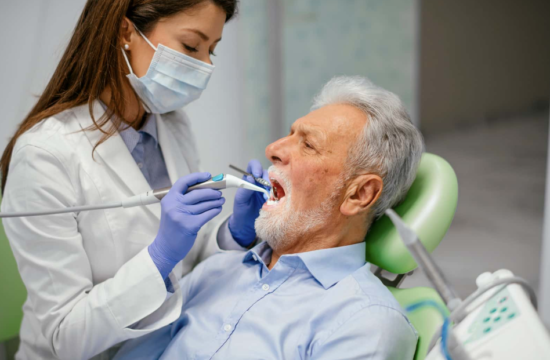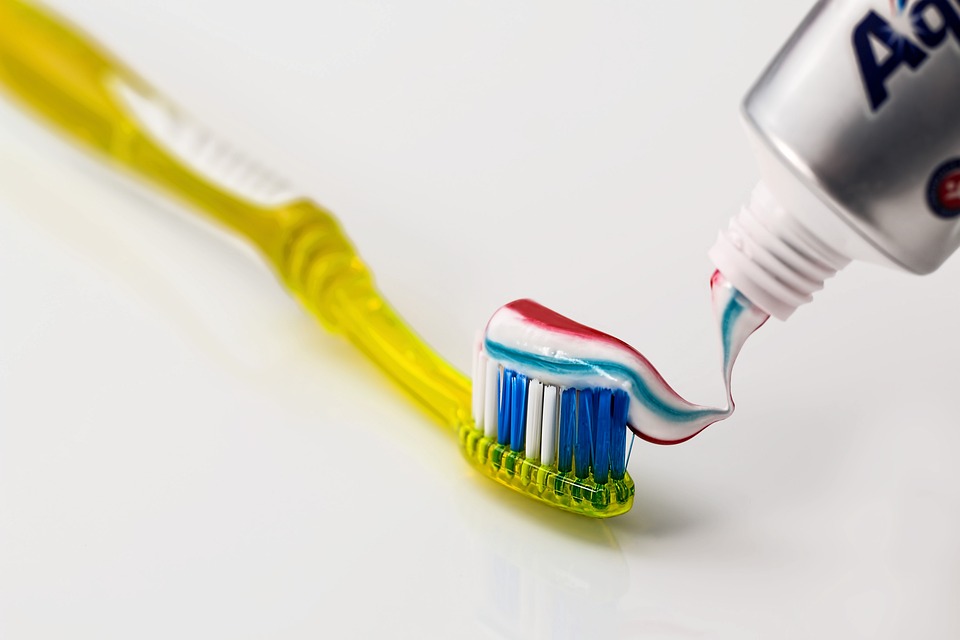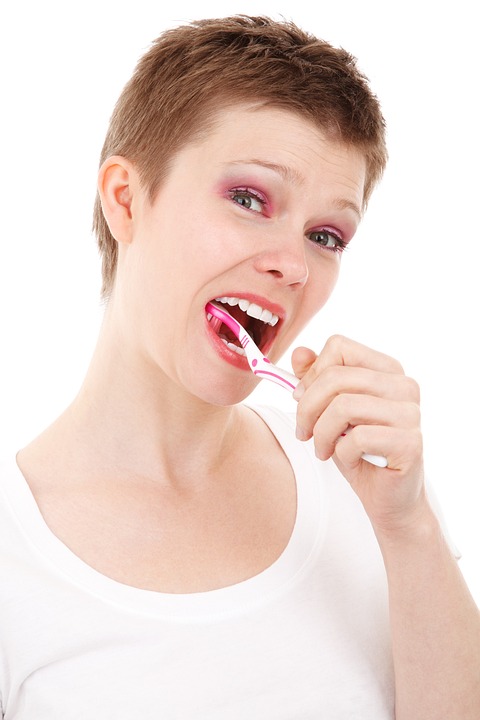The Ultimate Guide to Choosing the Right Oral Hygiene Products for a Healthy Smile
Introduction
Maintaining good oral hygiene is essential for a healthy smile and overall well-being. Choosing the right oral hygiene products can greatly contribute to the effectiveness of your dental care routine. With numerous options available on the market, it can be overwhelming to decide which products are best suited for your specific needs. This comprehensive guide will help you navigate through the various oral hygiene products, providing you with valuable insights and tips for selecting the right ones.
Importance of Oral Hygiene
Poor oral hygiene can lead to a range of dental problems, including cavities, gum disease, bad breath, and tooth loss. Adopting a proper oral care routine is crucial to prevent these issues and maintain a healthy smile. Regular brushing, flossing, and using appropriate oral hygiene products can help remove plaque, bacteria, and food particles that accumulate on and between your teeth.
Choosing the Right Toothbrush
When it comes to selecting a toothbrush, there are a few factors to consider. Firstly, choose a toothbrush with soft bristles to avoid damaging your gums and tooth enamel. Electric or manual toothbrushes can both be effective, but electric toothbrushes with oscillating or rotating heads may provide a more thorough cleaning. Additionally, consider the size and shape of the toothbrush head to ensure it can reach all areas of your mouth comfortably.
Optimal Toothpaste Selection
Choosing the right toothpaste is essential for maintaining good oral health. Look for toothpaste that contains fluoride, as it helps strengthen tooth enamel and prevent tooth decay. If you have specific dental concerns, such as sensitive teeth or gum problems, opt for toothpaste formulated to address these issues. Remember to check the expiration date and avoid using excessive amounts of toothpaste to prevent oral health complications.
Flossing and Interdental Cleaning
In addition to brushing, flossing and interdental cleaning play a vital role in oral hygiene. Dental floss helps remove plaque and food particles from areas that your toothbrush cannot reach, such as between the teeth and along the gumline. There are various types of dental floss available, including waxed, unwaxed, flavored, and tape floss. Choose the one that suits your preference and fits comfortably between your teeth.
Mouthwash and Oral Rinse
Mouthwash and oral rinses can provide additional benefits to your oral hygiene routine. They help freshen your breath, reduce plaque formation, and fight against gum disease. Look for mouthwashes that contain fluoride and antimicrobial ingredients. However, it’s important to note that mouthwash should not replace brushing and flossing but rather complement them as part of a comprehensive oral care routine.
Oral Hygiene Products for Specific Needs
For individuals with specific oral health concerns, there are specialized oral hygiene products available. These include tooth sensitivity toothpaste, orthodontic toothbrushes, tongue scrapers, and water flossers. It’s essential to consult with your dentist or dental professional to determine which products are most suitable for your specific needs.
FAQs (Frequently Asked Questions)
1. How often should I replace my toothbrush?
It is recommended to replace your toothbrush every three to four months or sooner if the bristles become frayed. Using a worn-out toothbrush can be less effective in cleaning your teeth properly.
2. Is it necessary to use mouthwash?
Mouthwash is not necessary, but it can provide additional benefits to your oral hygiene routine. It helps freshen breath, reduce plaque, and fight gum disease. However, it should not replace regular brushing and flossing.
3. Can I use any toothpaste?
It is recommended to use toothpaste that contains fluoride, as it helps protect against tooth decay. Additionally, there are toothpaste options available for specific concerns such as sensitivity or gum problems.
4. How often should I floss?
You should aim to floss at least once a day to remove plaque and food particles from between your teeth and along the gumline. Flossing helps prevent gum disease and cavities.
Conclusion
Choosing the right oral hygiene products is crucial for maintaining a healthy smile. By selecting the appropriate toothbrush, toothpaste, dental floss, mouthwash, and specialized products, you can effectively remove plaque, prevent dental issues, and promote overall oral health. Remember to consult with your dentist or dental professional for personalized recommendations based on your specific needs.
For more information on oral hygiene and dental care, check out this helpful resource.







